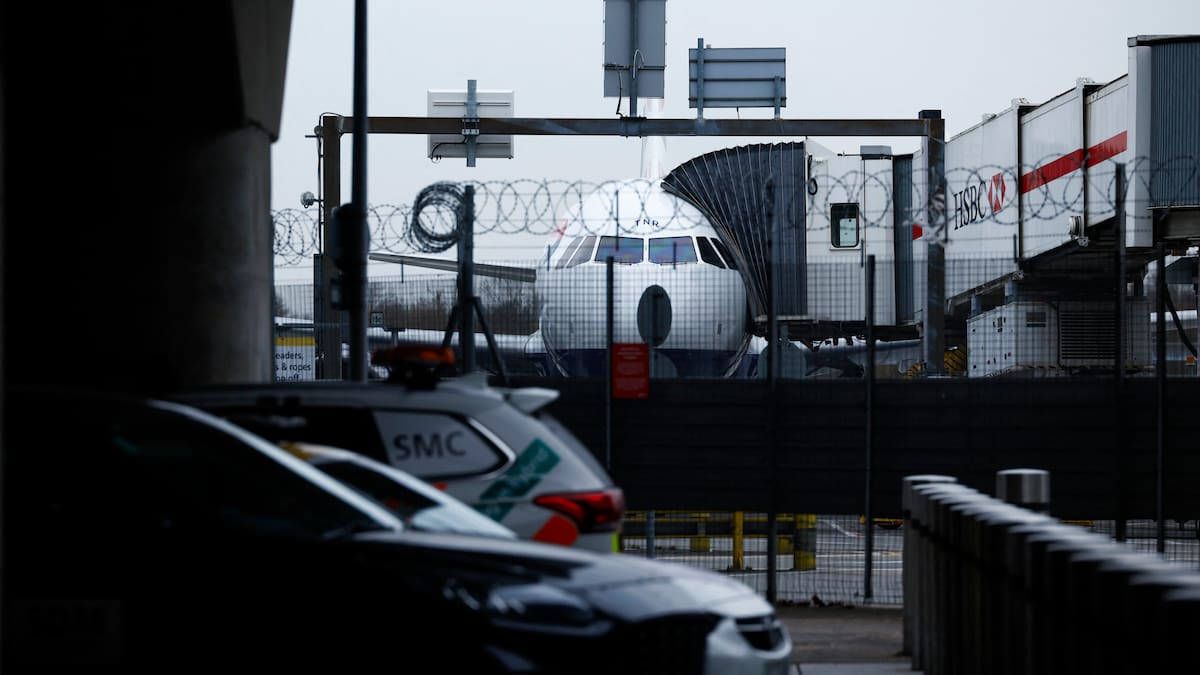The BBC reported long queues seen at Heathrow Airport on Saturday morning, local time.
It said FlightAware detected more than 140 delays in and out of Heathrow as of 10.30pm, New Zealand time.
It said Europe’s combined aviation safety organisation, Eurocontrol, asked airline operators to cancel half their flight schedules to and from the airport between 3pm Saturday and 1pm Sunday, New Zealand time.
The BBC understood British Airways was operating as normal using a back-up system, but most other airlines at Heathrow were affected.
At least 10 flights were cancelled out of Brussels Airport.
And another 17 at Brussels were delayed by more than an hour after the system was hit by a “cyber attack” overnight on Friday, the airport said.
Only manual check-in and boarding was taking place at the Brussels air hub, which advised passengers flying on Saturday to check their flight status with airlines before going to the airport.
Heathrow, the busiest airport in Europe, said its check-in and boarding systems, which Collins Aerospace provided, were hit by a technical issue that “may cause delays for departing passengers”.
Collins Aerospace is a subsidiary of RTX.
RTX’s subsidiaries include engine manufacturer Pratt & Whitney, and US defence contractor Raytheon.
A banner on the Berlin Airport website read: “Due to a technical issue at a system provider operating across Europe, there are longer waiting times at check-in.”
Cyber attacks and tech outages have disrupted airport operations around the world in recent years, as air travel increasingly relies on online, interconnected systems.
The aviation sector had a 600% increase in cyberattacks from 2024 to 2025, according to a June report by French aerospace company Thales.
“From airlines and airports to navigation systems and suppliers, every link in the chain is vulnerable to attack,” the report warned, saying the strategically and economically important sector was a “prime target” for cyber attacks.
In late June, Qantas was targeted by hackers, who broke into a system containing sensitive data on six million of its customers.
In December 2024, Japan Airlines was also targeted.
A massive global IT crash in July 2024, not the result of a cyber attack, wreaked havoc across airports, some of which halted all air flights, while others resorted to manual check-ins resulting in swelling queues and frustrated travellers.
– Agence France-Presse. Additional reporting: NZ Herald






